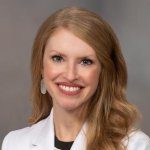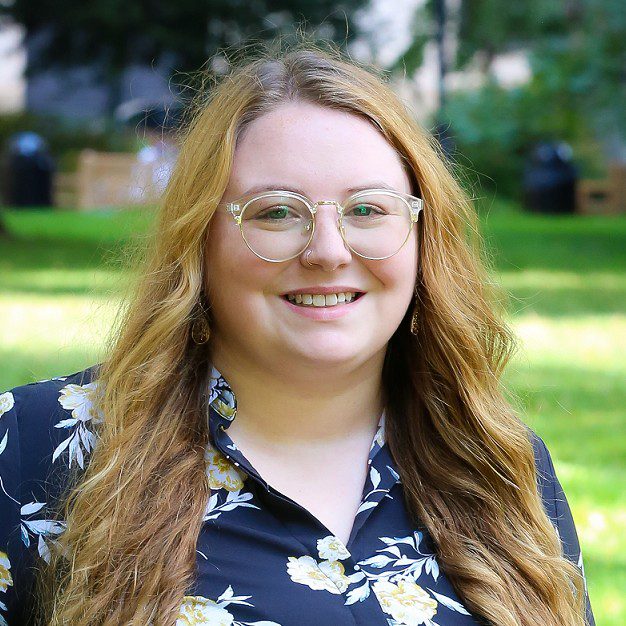Making Strides to Improve Health Outcomes in Mississippi
November 9, 2023
A primary mission of both the University of Mississippi Medical Center (UMMC) and the Magnolia Regional Health Center (MRHC) is to train and retain skilled and compassionate physicians to practice high-quality, equitable care in Mississippi and improve health outcomes in the state.
 Lyssa Weatherly, MD, an associate professor at the UMMC School of Medicine, is making significant strides in health care education. The curriculum that she leads was launched in October 2022, and addresses patient mistrust and physician bias. It consists of lectures and workshops, patient home visits, and community events. The curriculum promotes understanding and empathy, with plans to assess its impact through surveys given to patients as well as residents completing the program.
Lyssa Weatherly, MD, an associate professor at the UMMC School of Medicine, is making significant strides in health care education. The curriculum that she leads was launched in October 2022, and addresses patient mistrust and physician bias. It consists of lectures and workshops, patient home visits, and community events. The curriculum promotes understanding and empathy, with plans to assess its impact through surveys given to patients as well as residents completing the program.
With a commitment to nurturing health care professionals who are not only skilled but also connected to their communities, the curriculum aligns to the missions of UMMC and MRHC. Successes of the project include partnerships with hospice and home health organizations to provide continuity of care and the creation of The Dollar General Diner, a free cookbook that features ingredients sourced from Dollar General stores for affordable, attainable, healthy eating.
Additionally, medical residents have run well-attended events in collaboration with community organizations, offering free car seats, health screenings, and food assistance advice.
Ultimately, the mission is clear: to mold residents into more open-minded, less biased physicians, all while building trust with their patients. The team firmly believes that their pioneering curriculum will achieve just that.
 “In medical education we spend most of our time in training focused on the acquisition of knowledge to deliver quality patient care. The work we have done here in Mississippi through our grant has shifted that focus a little more internally to cultivate trust, reduce bias, and gain a refreshing perspective.
“In medical education we spend most of our time in training focused on the acquisition of knowledge to deliver quality patient care. The work we have done here in Mississippi through our grant has shifted that focus a little more internally to cultivate trust, reduce bias, and gain a refreshing perspective.
Medical residents have benefited from a different viewpoint given through our patient-centered didactics and patient experiences. Patients have felt validated, seen, and heard through their feedback efforts on mistrust and bias. Our local health care agencies have loved the integration of residents into their home visits, and our community partners have found meaningful relationships through our joint service efforts outside the walls of the hospital.
For me personally, it’s been a joy to spotlight patients in a different way, apart from their diagnoses, and learn from their candid experiences how we as physicians can become more intentional, trustworthy caregivers – ones that care about who patients are as individuals beyond just the medical conditions we get so focused on treating.”



